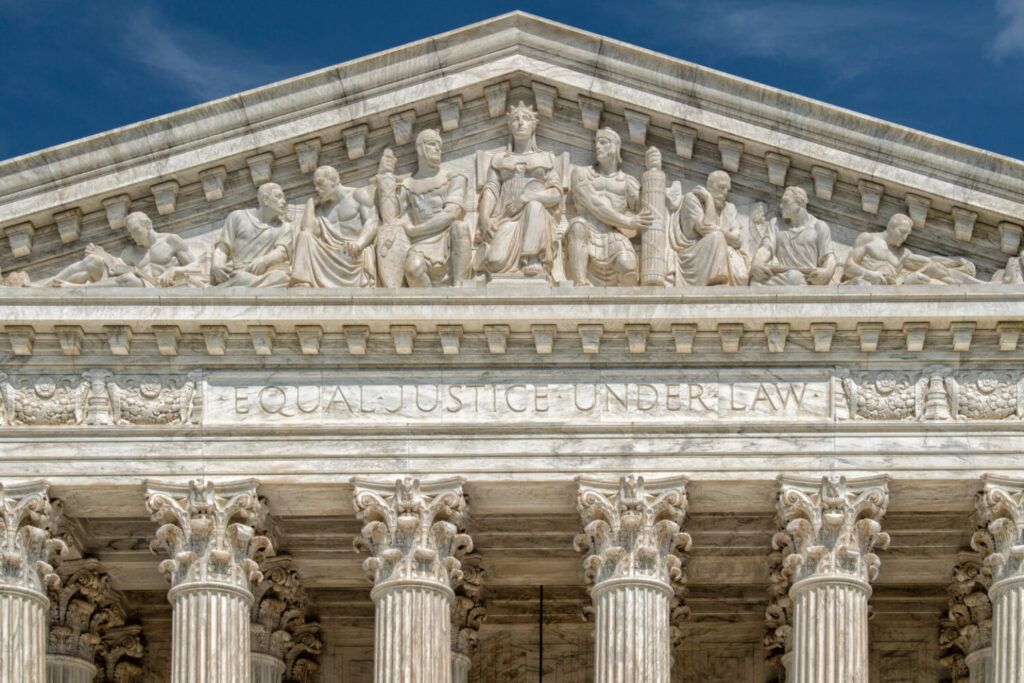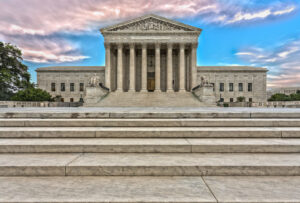Landmark religious liberty ruling Tuesday prohibits denial of public funds to schools based solely on their religion
In yet another landmark case for religious liberty, the U.S. Supreme Court ruled Tuesday the government cannot exclude religious institutions from government funding based solely on their…

In yet another landmark case for religious liberty, the U.S. Supreme Court ruled Tuesday the government cannot exclude religious institutions from government funding based solely on their religiosity.
The high court ruled 6-3 that Maine unconstitutionally barred religious schools from joining other private schools in receiving state tuition for students in rural areas without a public-school option.
“In some of the state’s rural and sparsely populated areas,” SCOTUSblog.com explains, “school districts opt not to run their own secondary schools. Instead, they choose one of two options: sending students to other public or private schools that the district designates, or paying tuition at the public or private school that each student selects. But in the latter case, state law allows government funds to be used only at schools that are nonsectarian – that is, schools that do not provide religious instruction.”
That particular provision in the state’s law has been struck down by the ruling Tuesday in Carson v. Makin.
Chief Justice John Roberts, who wrote the opinion for the majority, called the decision an “unremarkable” – essentially, no-brainer – successor to previous religious liberty rulings.
In Trinity Lutheran Church v. Comer, the court said in 2017 that Missouri acted illegally in denying the church playground resurfacing funds that were available to non-religious organizations. In Espinoza v. Montana Department of Revenue, the court ruled, as in Carson, that public tuition funds earmarked for private schools can’t arbitrarily exclude religious schools.
Roberts noted dissenting Justice Stephen Breyer’s emphasis on neutrality in matters of religion – but, Roberts writes, “there is nothing neutral about Maine’s program. The state pays tuition for certain students at private schools — so long as the schools are not religious.
“That is discrimination against religion. A state’s anti-establishment (of religion) interest does not justify enactments that exclude some members of the community from an otherwise generally available public benefit because of their religious exercise.”
Yet, as unremarkable as Justice Roberts calls the ruling, it’s remarkable from the standpoint that three sitting justices think it’s wrong – believing that the Constitution prohibits religious institutions from benefiting from public funding merely because of their religiosity.
That there is still disagreement on the high court about whether religious institutions can be discriminated against, even after Trinity and Espinoza, makes the ruling in Carson all-the-more relevant and landmark.
So says Darrell Jones, president of the Stanley M. Herzog Charitable Foundation – which filed an amicus brief in Carson, and which operates The Lion.
“This is a huge victory for religious liberty, and a defeat for unconstitutional government discrimination against religious people and institutions,” Jones said after the ruling. “Justice requires equal treatment under the law, and the Maine statute did the opposite.”
Commenting on the Herzog Foundation’s friend-of-the-court brief in Carson last fall, Chairman of the Board Todd Graves said, “Religious discrimination is sadly a common occurrence in our country, and the injustice in Maine is just one example.
“Discriminating against students and schools solely based on religious identity is a clear and flagrant violation of every American’s right to freely exercise their religion. We are proud to support Christian schools and families in Maine, and look forward to the Court ending this injustice next year. The Herzog Foundation will continue to take a stand for Christian schools all across the country.”



